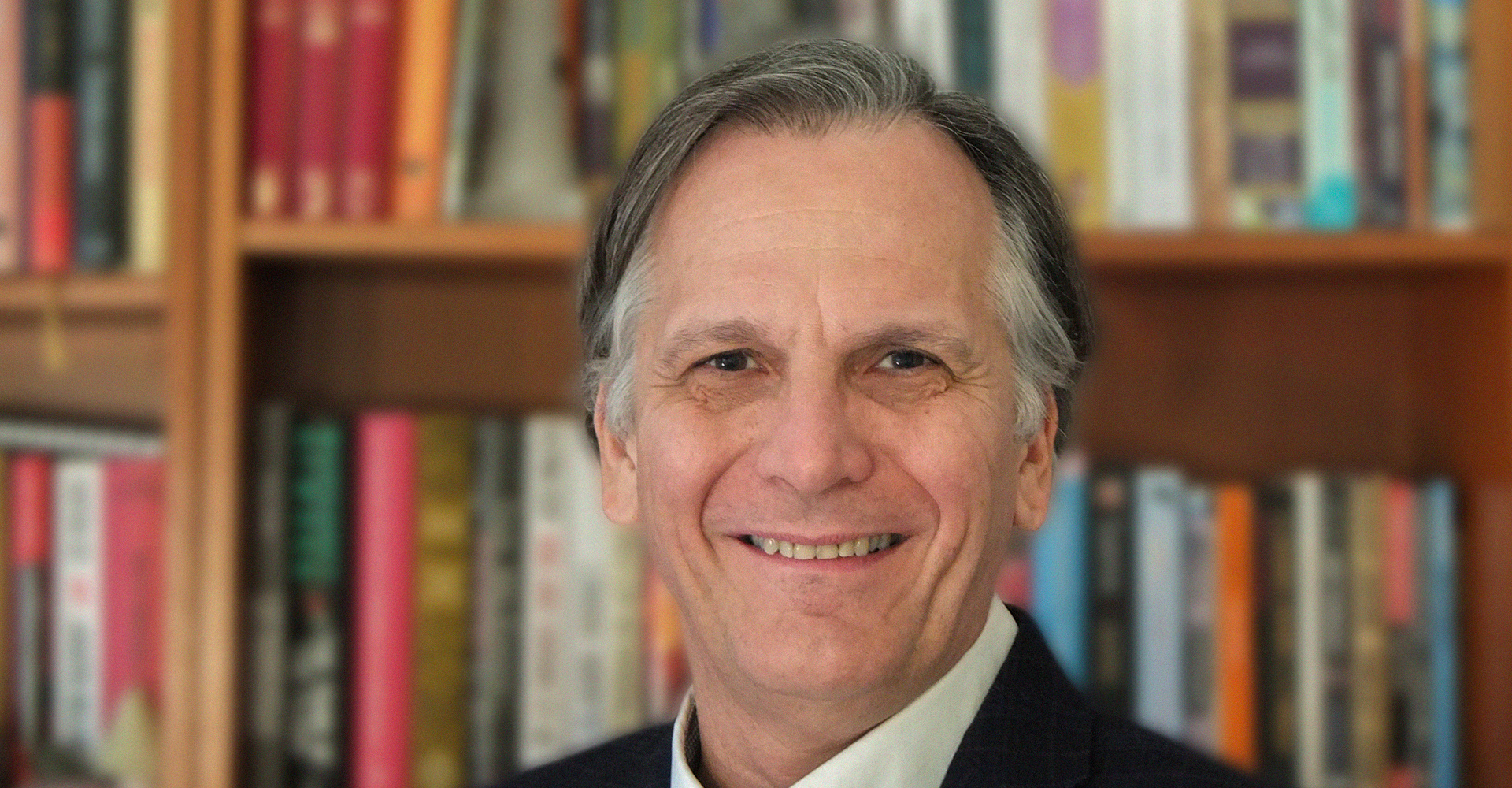Christian Berté launched Amazon Logistics in France and has a long international career. Now, as a Sparring Partner and Mentor-Coach, he supports Leaders in their journey to grow professionally as they seek to develop their business.
Christian Berté is the founder of Polaris Aadvisory, where he works as a mentor-coach. The capital ‘A’ represents helping leaders grow to their highest potential, while the lowercase ‘a’ is about doing this with care and humility.
Christian knows what he is talking about, as he has vast international executive experience, working for companies such as Brink’s and Amazon. Multiple leadership roles in different companies, countries and regions have taught him many lessons, and now he wants to apply his knowledge for the common good, as he notes:
“I would like to give back and help new and senior leaders to grow – to be a Sparring Partner so they can share and think about their challenges and find solutions. I build a safe and open space for leaders where they can think for themselves and have a true partner who listens with generative attention and is independent.”
Helping leaders and rising stars
Being a mentor-coach is about being a partner and listening to leaders and executives. His customers include both companies and individual leaders. There are three main approaches Christian offers.
The first is for leaders or executives who have just joined a company, in which he helps them prioritize what to do within the first 100 days and how to integrate during that time.
The second approach is for young leaders, the rising stars. He helps them to grow in their leadership. They are the future top executives, but they are often facing unfamiliar problems in their new roles. Christian helps them to find the best approach to face the challenges as he emphasizes:
“It’s not telling them what to do. It’s more like showing examples of how things can be done or how I’ve done in the past. It’s very much about listening and sharing but not imposing.”
The third approach involves being a sparring partner for executives. It’s like “me-time” for the executives, and sparring sessions with Christian are meetings they are always looking forward to. This is very important, because leaders can feel lonely at times:
“The loneliness of executives is a well-known issue, and therefore, leaders need a safe environment where they can talk independently to someone who is not part of the organization. That’s where I can help them to get new ideas and ways to resolve conflicts in the organization.”
One big theme Christian works with his clients about is helping them think bigger. It’s about ensuring that they explore different ideas to their maximum potential. Thinking about decisions as either one-way or two-way doors helps with this. One-way door decisions cannot be easily reversed, and a lot more thought has to be put into them. But the other category of decisions is much simpler to handle:
“Two-way door decisions are a lot easier – therefore, you can feel more at ease and think bigger, because you know that you have a way back in case it’s not working. And therefore, you are able to find solutions and be more innovative in ways of achieving results.”
Leadership now and in the future
“My biggest insights from Amazon were about how the customer always comes first. We talked about customer obsession, and it was the key guiding leadership principle for us.”
When asked about tips on launching a new market or product, Christian advises leaders to think about the customer first.
“At Amazon, we knew who our competitors were, but we didn’t focus that much on them. We were focusing on customers, and everything we did was about making things easier or better for customers.”
Christian talks a lot about corporate entrepreneurship. It’s about making the world a better place with a responsibility and growth mindset:
“Being an entrepreneur is really a mindset of developing business, owning the challenges and resolving them. With strong communications skills, the entrepreneur provides the vision, and it’s all of us together doing it and making it happen.”
While funding is easier for corporate compared to traditional entrepreneurs who own their businesses, the attitude is the same: don’t spend money where you don’t need to spend it. This is one example of how corporate entrepreneurship gives leeway to leaders.
Building trust during a global pandemic
Building trust is vital for effective leadership. However, when almost everyone is working from home, how do you build trust? Christian has a straight-forward answer for this:
“Let employees self-monitor and report instead of trying to control them. It doesn’t mean we are not interested in the results, no. It’s about creating a safe and engaging environment for all of us to work in.”
For leaders, it’s also important to realize that remote work affects not only the organization, but also families. Is a home a home, or is it an office? During these times it’s very important that employees are able to decide how they work best and how they should organize their lives. (We also discussed this topic in the first part of the Future of work series.)
Christian talks a lot about trust – and it’s no wonder. As we know firsthand at Prönö, it’s at the core of leadership and the only foundation that successful organizations can be built on. For Christian, the importance of trust is a critical lesson from his experience in the cultures of several companies and the basis for his work as a mentor-coach. Similarly, for us at Prönö, trust is the cornerstone of everything we do.
To learn more about Christian, see his Prönö profile.



